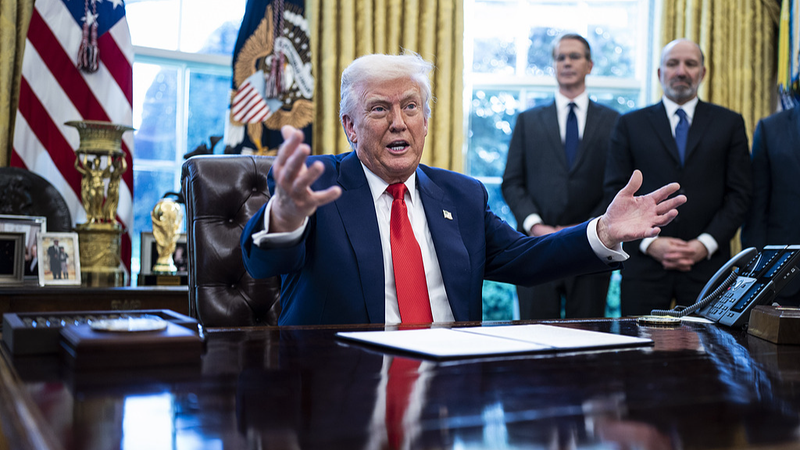In an era of global interconnectedness, the Trump Administration is doubling down on tariffs in an effort to reshape global commerce. The strategy is straightforward: capitalize on the nation’s status as the world’s largest economy to protect domestic industries and renegotiate trade deals.
However, economists and trade experts caution that while tariffs may target trade deficits and safeguard local sectors, they risk straining long-established relationships with key allies and trading partners. As regional trade alliances and alternative multilateral platforms take shape, such unilateral measures could accelerate US economic isolation.
Professor Yuqing Xing of the National Graduate Institute for Policy Studies in Tokyo remarked, "Trump thinks America is the largest economy and has all the leverage. So he wants to be alone — or make America alone. Even in this regard, the relationship with American allies." His words underscore the debate raging over whether this protectionist approach will fortify domestic industries or undermine global trade leadership.
As data trends reveal shifts in trade volumes and realignments among traditional partners, the balance between national protectionism and international cooperation remains delicate. With the global trade landscape evolving rapidly, all eyes are on the US to see if its tariff strategy will drive sustainable growth or deepen isolation.
Reference(s):
cgtn.com




